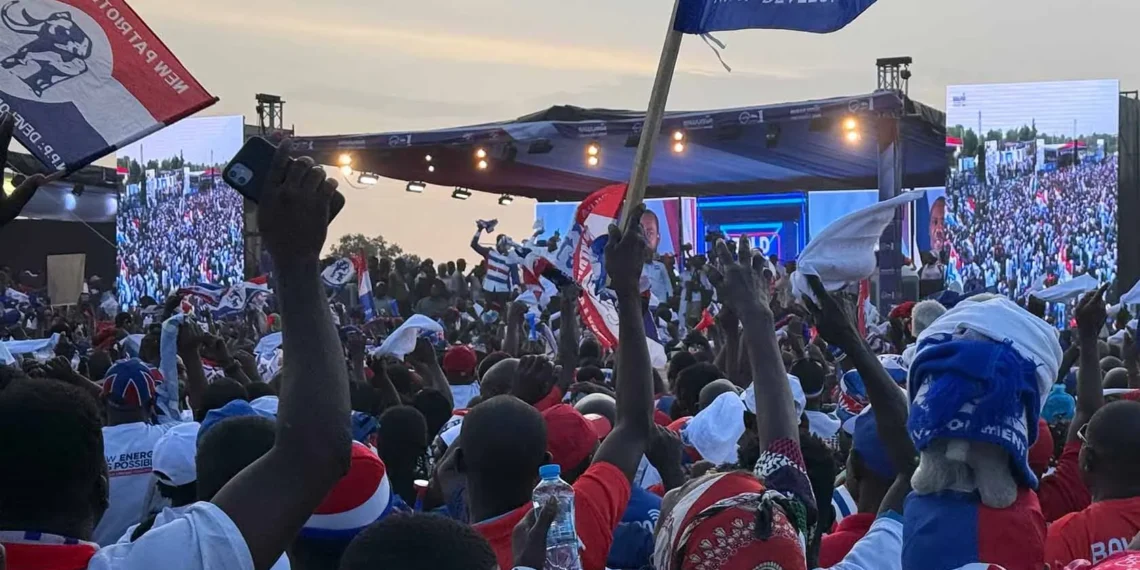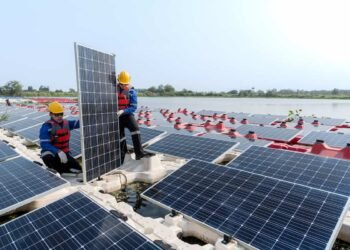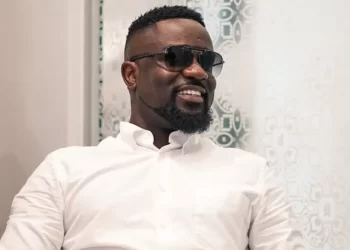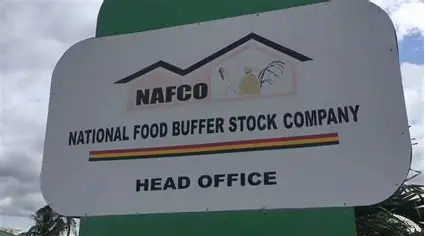The internal contest to determine the New Patriotic Party’s (NPP) flagbearer is fast becoming less about ideas and more about image.
For political analyst Kay Cudjoe, who contributes to IMANI Africa, the race is shaping into what he describes as “a bonfire of vanities, where posturing drowns policy and ambition erodes unity.”
His concern is not only for the ruling party but for the health of Ghana’s democracy as a whole.
Cudjoe warned that when the elephant—the NPP’s emblem—turns its quarrels inward, the Republic itself feels the tremors.
In Ghana’s political landscape, the elephant and the eagle of the NDC are not simply mascots; they function as guardians of democratic balance. A weakened NPP, therefore, has implications that extend far beyond its internal politics.
“The stakes have been made clear since the party’s bruising 2024 loss. Analysts noted cracks, generational rifts, and unresolved identity tensions that widened after Dr. Mahamudu Bawumia’s defeat. Instead of healing, the flagbearer contest is reopening wounds.”
Kay Cudjoe
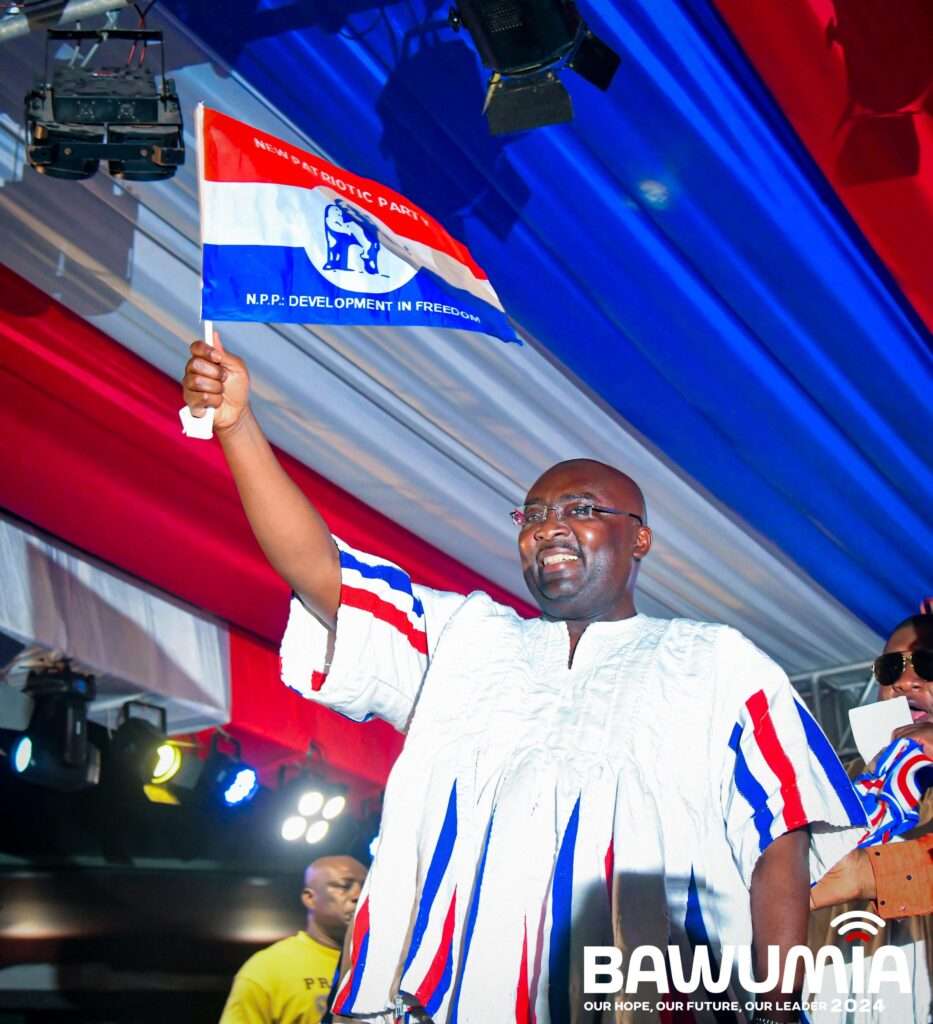
Already, those wounds are evident in the sharp exchanges between contenders. Campaign rhetoric has escalated, with rivals leveling accusations that have crossed into character attacks.
Dr. Bryan Acheampong, for instance, has had to publicly lament “falsehoods and personal attacks,” while Dr. Bawumia has been forced to confront tribal and religious undertones from his own supporters.
Cudjoe argued that such trends raise the fundamental question: if identity politics dominates the internal race, what will remain for the national stage?
Party Reforms And Reconciliation Moves
The NPP’s leadership appears aware of the looming danger. In July, the National Council passed fifty-four reform motions, an implicit admission that party machinery was under strain.
One notable step was the granting of a general amnesty to suspended members as part of a broader reconciliation drive.
However, Cudjoe insisted that reconciliation without accountability is hollow. He notes that “reconciliation without accountability is no healing; it is an invitation to repeat misconduct.” For him, bending rules for the sake of convenience risks eroding credibility.
While the elders’ decision to bar reinstated members from seeking office for two years is a move toward discipline, he questions whether this rule will actually be enforced.
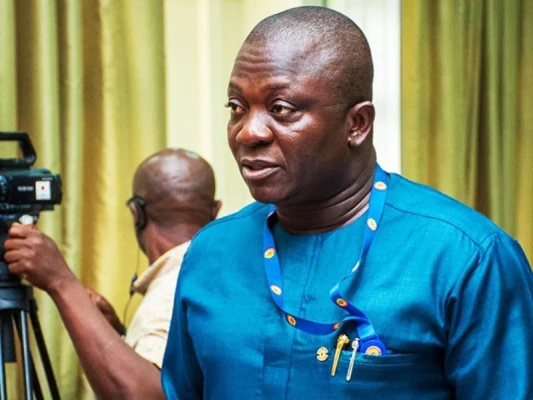
At the grassroots, fractures are already visible. In Nanton alone, thirty-four members were suspended over incidents linked to the 2024 elections.
Similar patterns replicated across constituencies highlight what Cudjoe described as the fragility of “the elephant’s knees.”
Combined with factional surrogates trading insults on radio stations and social media, the result is a party that, in the public’s eyes, looks consumed by internal conflict rather than preparing for governance.
The flagbearer contest itself is heating up with several aspirants stepping forward. Kwabena Agyei Agyepong has already filed to run, while Dr. Bawumia has re-entered the race with backing from youth organizers.
Bryan Acheampong and Kennedy Agyapong are said to be weighing their options, and former Education Minister Dr. Yaw Osei Adutwum has openly declared that “the party will back him.”
For Cudjoe, the problem does not lie in the number of aspirants. A competitive field, he argues, is healthy for Ghanaian democracy.
The real danger is when that competition drifts from policy discourse into tribalism, personality cults, and inflammatory commentary. This, he warns, risks undermining the NPP’s credibility both within its base and in the wider political sphere.
Leadership’s Role In Preventing Collapse
Kay Cudjoe singled out the Minority Leader in Parliament, Alexander Afenyo-Markin, as a key figure in stabilizing the situation.
Given his current prominence, Cudjoe argued that Afenyo-Markin cannot afford to remain passive while the party slips deeper into factionalism. Taking decisive measures alongside the leadership to restore unity is, in his view, the only way to avert long-term damage.
“Why should Ghanaians care? Because the NPP is not just another private association. It is one of the two load-bearing beams of our political house. If that beam splinters, the whole roof sags.”
Kay Cudjoe
The party’s disarray, in Cudjoe’s assessment, threatens the democratic framework itself.
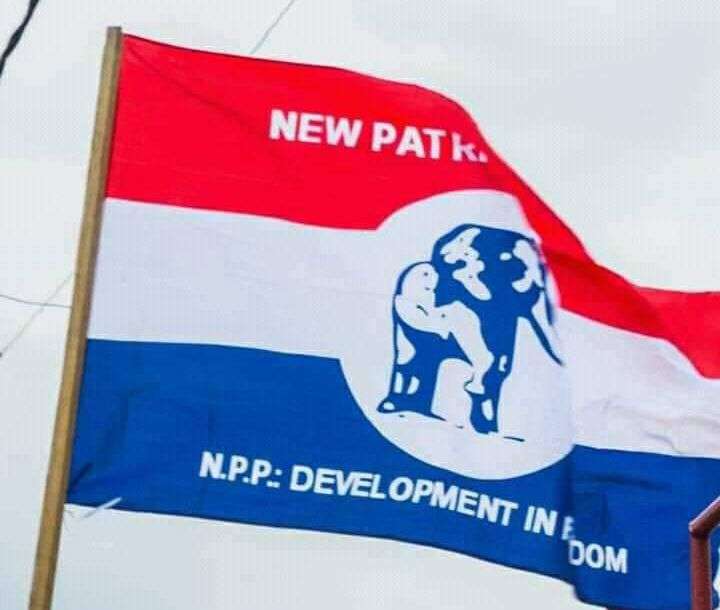
An opposition party preoccupied with internal feuds cannot provide the necessary oversight of government, nor can it present voters with a credible alternative vision in the next election cycle.
Cudjoe situated the crisis in broader political theory, invoking Hannah Arendt’s observation that politics is about weaving a shared world. In his words, “when the weavers themselves quarrel over who owns the loom, the cloth of public trust frays.”
He warned that the NPP’s flagbearer race is not simply about determining who will lead the elephant into the 2028 elections. Rather, it is a test of whether Ghana’s second major political pillar can uphold discipline, focus, and dignity.
The choice before the party, he concluded, is stark.
“Credibility or cronyism, unity or fragmentation, substance or spectacle. If the NPP insists on tearing itself down in public view, it is not only the elephant that bleeds. The nation itself pays the price. And Ghana cannot afford that. Not now.”
Kay Cudjoe
READ ALSO: Four Fall, Five Rise At GSE: Intravenous Leads Rally While MTN, ETI Struggle

